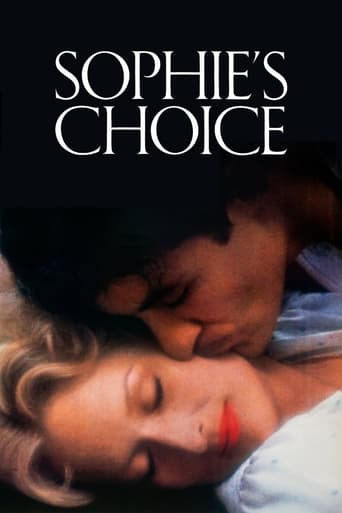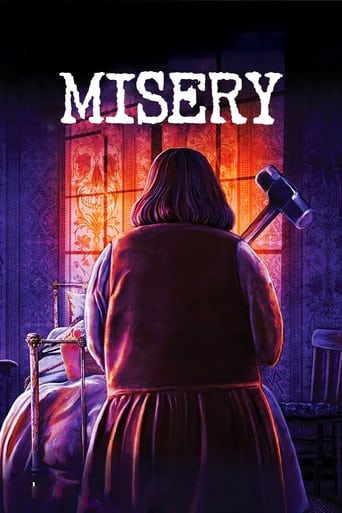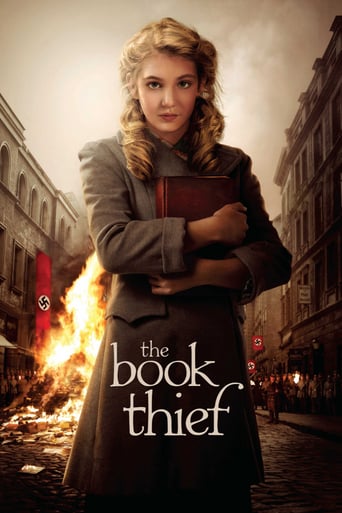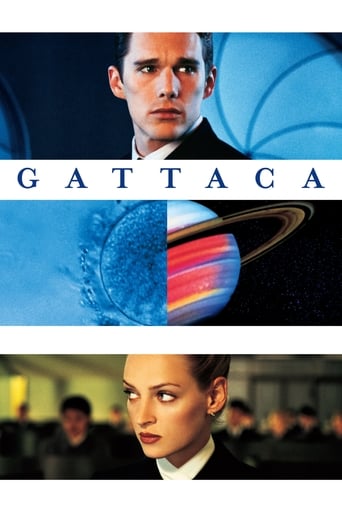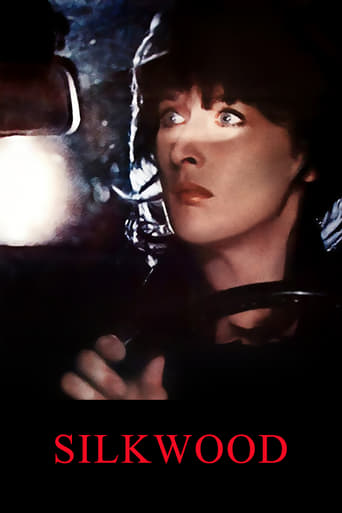


Silkwood
The story of Karen Silkwood, a metallurgy worker at a plutonium processing plant who was purposefully contaminated, psychologically tortured and possibly murdered to prevent her from exposing blatant worker safety violations at the plant.
-
- Cast:
- Meryl Streep , Kurt Russell , Cher , Craig T. Nelson , Fred Ward , Diana Scarwid , Ron Silver


Similar titles
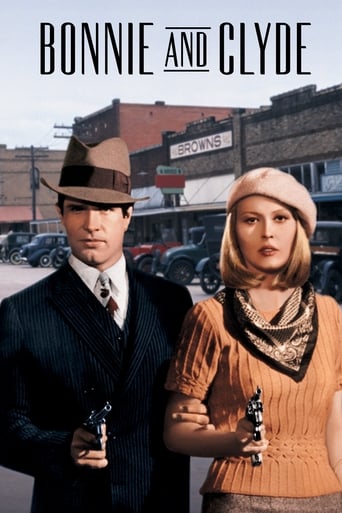



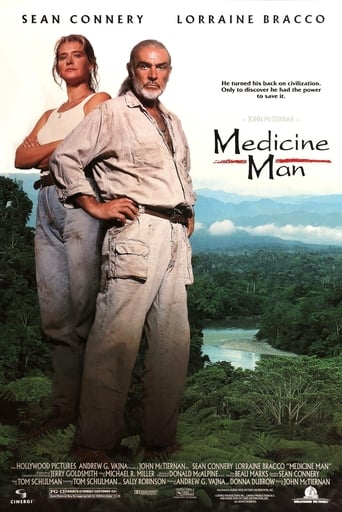
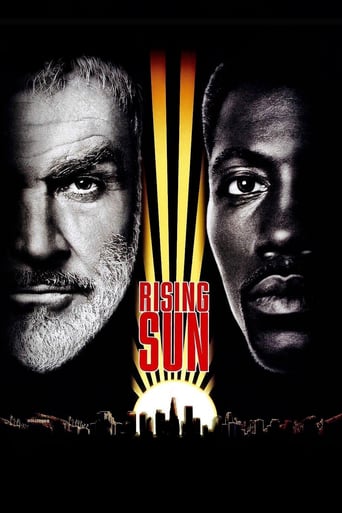
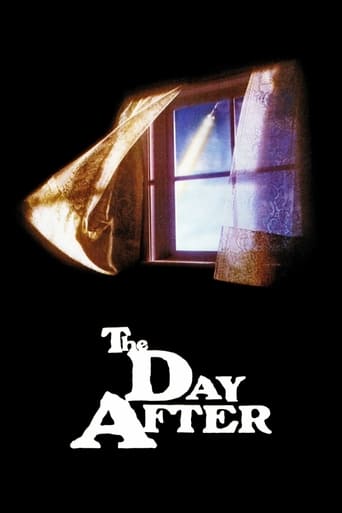
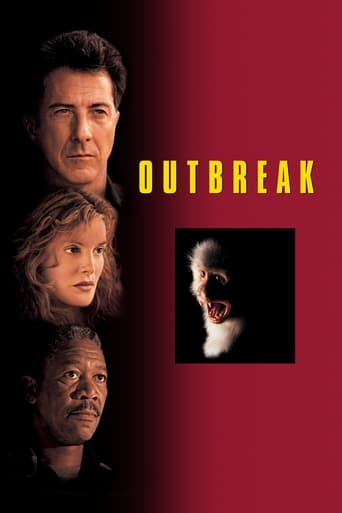
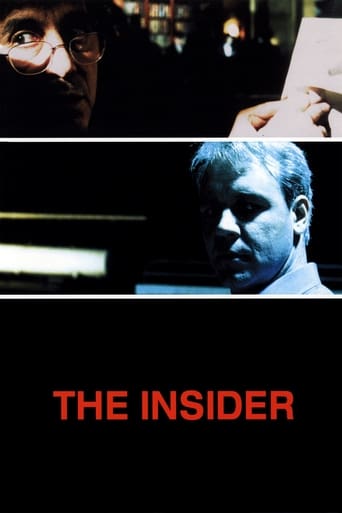

Reviews
Best movie of this year hands down!
Thanks for the memories!
The storyline feels a little thin and moth-eaten in parts but this sequel is plenty of fun.
Although I seem to have had higher expectations than I thought, the movie is super entertaining.
Karen Silkwood (Meryl Streep) lives in Oklahoma with her boyfriend Drew Stephens (Kurt Russell) and best friend lesbian Dolly Pelliker (Cher). Her kids live with their father in Texas. The three friends are low-skilled workers at the Kerr-McGee Cimarron Site where they manufacture fuel rods for nuclear reactors. With mounting work and lax safety, Karen starts to talk union causing tension with the company. Eventually, she gets mysteriously irradiated.Meryl Streep is the best. She delivers a fully-fleshed out character of real depth. The movie is a bit slow and meandering. It would be great to have a tighter and more direct film. Then there is the final text. It seems like a bunch of stuff from the legal department to safeguard against lawsuits. They may as well fictionalize the movie instead. The performances are terrific. The story is compelling.
I have no idea deep down if Karen Silkwood was a martyr, and in the case of the Mike Nichols movie (co scripted by Nora Ephron), there's a part of me that almost doesn't care. It's not that I don't care about how she (spoiler?) died, as it was a tragedy and there were certainly circumstances around it that made it abhorrent. But a movie has to rest on its characters and how the emotional through-line works, not just just it's subject matter, and in that department it soars on showing people in circumstances that could be anybody in the working class (yes, it's Oklahoma and yes there is a Confederate flag in a bedroom which doesn't make Kurt Russel's character totally endearing, but still).Indeed a film like this reminded me why I had an issue with Erin Brockovich, which dealt with another down-on-her-luck says-whats-on-her-mind woman (also a mother) up against a corrupt system, and that was simply that I couldn't get invested in her or the script made her too much of a tough-talker (however close it might've been to real life who knows). In this case I got completely invested with Karen and how she had, frankly, flaws but also a lot of good humor about things in her life and related well (up to certain points) with her man Drew and her roommate Dolly (Cher). Of course the fact that it deals with radiation and plutonium and how dangerous it can be - nay, how in this story this plants f***-ups could have led to millions of people dying through not documenting things correctly - makes for compelling drama.But I think the power of the movie is that it's not *just* about that, and that Nichols and Ephron and the actors can use the dramatic "plot" if you will in Karen dealing with the unions and then getting in deeper with sort of spying on her organization for other things that aren't being reported on (whistleblowing, in short), and it's a sign that the filmmakers had a good sense on the material to show that the Karen of this story isn't necessarily so great at this. She's a working woman who gets by day to day and tries to not get contaminated - at first she does by accident, and then other times it happens... more on purpose, perhaps, who can say, it's likely just that - and seeing her try to lie her way out of sneaking pictures out of fellow worker Craig T Nelson's desk drawer certainly has some level of suspense (mostly due to how Streep and Nelson act so well off one another, both knowing the other knows what's up, probably, hear how they say the words).It's important I think to note how we only see Karen's kids in a couple of scenes - they live with the father, and we can assume she has limited, if at all, visitation rights - so this leaves her all the more on her own once she hits rough patches with Drew (Russell makes this such a fascinating guy to play, a man who sees Karen as "two people, one I love, the other is a pain in the ass"), and with Dolly, though that's much briefer. I also liked seeing how Cher managed around in scenes where she had to strip away her usual, well, 'Cher'-ness, but at the same time she's not using her lack of makeup or frumpy demeanor to do the acting for her and she takes and gives as good as acting-mammoths like Streep and Russell give to her. The scenes at the Silkwood house are the heart of the movie, and it's here where we see much of Ephron/Arlen's dialog shine (sometimes comic, but more in a fluid style where it's less about getting laughs than simply being there from one real moment to the next).I wonder if I watched this again if I'd get even more out of the side dealing with the "issues" so to speak, meaning that I'd focus more on the hazards of the unions and the nuclear situations and plutonium (don't let it get in your lungs, remember that!) I got enough out of that to see that as a solid story of malfeasance at best and criminal acts at worst (the face of the sort of corporate-drone is seen best with Bruce McGill's character, who offers help to Karen in the same tone as he gives out orders to get back to work). And yet I just keep thinking about those scenes with Streep and Russell in bed, talking about this or that, or that scene between Karen and Dolly on the front porch at night where they just hold each other both trying not to be completely broken by what the world's doing to them at that moment, or the different modes emotionally Streep takes Karen when she goes through discovering she herself is contaminated from her home. It's a tragic human roller-coaster first, issue movie second, though not without some wit sprinkled throughout which is kind of a minor miracle for a story like this.Only the very end gets to be a bit much (Amazing Grace, only Streep's voice), not that it isn't earned. 9.5/10
In many ways this is a striking movie. The director, Mike Nichols, lets us feel the atmosphere of a Kansas City dominated by Kerr-Magee, producer of noxious radioactive materials for use in energy plants. You can hear the cicadas at night. You can smell the interior of the ramshackle but accommodating farm house in which Meryl Streep (as Karen Silkwood) lives with her lesbian friend (Cher) and her hunky boyfriend (Kurt Russell). It's an invitingly sloppy place, rather like my own. Russell drinks beer out of the can, and so does everyone else. And when Russell is finished, he crumples the empty aluminum can and throws it in the corner.The dynamics of the household are explored in a comfortable way. There is little conflict, not even when Cher brings in her girl friend, a cosmetologist at a funeral parlor (Diana Scarwid), who subjects Cher to her "beautify up" treatment and produces a pretty young woman with the face of a ghoul.So far, so good. Then it begins to get a little loopy as it segues into Kerr-Magee's touching up the X rays and stimulating Streep's social conscience. This leads to Russell's dissatisfaction and ultimate departure, just as Norma Rae's passionate involvement the union led to a split with her husband.Therein lies a problem. I got lost. Three times, Streep sets off alarms at the plant -- loud, air-raid type screams, sirens, and beeps -- signalling that she's been "cooked" by plutonium. The corrective treatment, administered by a veterinarian, is to strip the patient and scrub her with stiff brushes, in a shower. I believe this happens five times all together. Each time, the polluted victim screams loudly between sobs as sadistic assistants push her roughly this way and that. It reminded me of one of those scenes in an old-fashioned story about psychiatric hospitals where they hose down the inmate as punishment for misbehavior. Here, never does the victim cooperate quietly in her own cleansing.How they were poisoned by plutonium is never really made clear. There is some mention of a "hole in the glove" but it goes nowhere. And when Streep discovers that her entire house is radioactive, she comes to the wild conclusion that somebody put plutonium in her urine specimen and then she spilled it in her bathroom at home. Why would anyone do that? Even a corporation as villainous as Kerr-Magee is shown to be? If they want to get rid of Streep, can't they simply fire her for some flimsy excuse? It's not a civil service job.The acting is unimpeachable. Streep is superb, and the rest of the principals match her. I find the most enjoyable performances come from Diana Scarwid, insulting Russell with her Valley Girl accent: "Sometimes I get sew tired of yewr jokes." Also outstanding is Craig Nelson as Winston, the plant's slime ball whose moves and suspicions are smoothly delivered with no expressions at all.In the end, though, this is a skillfully done piece of agitprop. The Kerr-Magee goons push everybody around for no discernible reason. When they take samples from Streep's poisoned house, they brutally tear the place apart while seeming to enjoy it. The attack turns the comfortable farm house into a skeletal wreck. Not to mention that the only conclusion that can be drawn from the last scene is that the corporation murders Karen Silkwood.Nobody like anything that has "nuclear" in its name. It's been, as semanticists say, pejorated. It used to be "atomic" but that was pejorated and the name changed. That's how undertakers became morticians and then funeral directors. But turning Kerr-Magee into harsh, anti-union, devious disciplinarians and killers is a bit much. Next time, when they remake this movie, please have the assistants be a bit sympathetic and gentle when they rub down the contaminated victim. It's not necessary to underscore a point that is already in boldface.
Karen Silkwood, casually chewing gum, finishes her working day by a routine cleaning task. She then leaves the room, raises her hand toward the radiation detector, as she always does, but this time, the strident alarm suddenly starts ringing, indicating that she may have been exposed to radiations. Karen tries not to panic although she's visibly shocked. And the scene cuts to the first of her three "cooking" treatments, which in nuclear jargon, means getting into a hot, long and painful decontaminating shower. That very moment is Karen Silkwood's story in microcosm, perfectly reflecting who she was and what she went through. Basically, Karen can't see the danger pending above her frail shoulders. She's not a fool but in a tragically admirable way, she is just blinded by her own integrity. Later in the film, she just enters the door, and the sound startles us again, we have a quick glimpse on the "Danger Radiation" signal, then it cuts to her cries of fear and disbelief under the hot shower, again. The sad irony is that Karen tried to apply some cleansing on the field of ethics, in the Nuclear factory she worked in, but the more she tried, the more tortured she was by the 'invisible enemy'. And the frequency of the shower scenes plays like the omen of a series of misfortunes leading up to a tragic conclusion, the ultimate 'cleaning'. Indeed, we all know that Karen Silkwood died in a mysterious car accident, so the shower scenes, each time more intense and haunting, marks the beginning of the end for Karen Silkwood. But as aware as we are about the facts, there's something in Karen's portrayal by Meryl Streep and in Mike Nichols' sober directing that don't get us prepared to it. Karen is no more idealistic than any other, she lives her life, she jokes and smokes, a lot as a matter of fact, she enjoys flirting, teasing her friends, she's like any small-town girl of her generation. "Silkwood" borrows many elements from 70's dramas like "Serpico", "Norma Rae" or "The China Syndrome", movies featuring ordinary persons, so dedicated to their job they couldn't close their eyes on some unethical practices and made outcasts of themselves by blowing the whistle.Karen belongs to America's struggling, unorganized working class. Her three children live with her ex-husband, and she shares a ramshackle house with her boyfriend Drew and lesbian friend Dolly, superbly played by Kurt Russell and Cher. As to emphasize the fact that the factory nourishes the town, they also happen to be co-workers. Indeed, whether a cotton mill or corporate police, the factory producing plutonium fuel rods for nuclear reactors, is only the setting and the film deals with a sincere austerity a slice of American workers' ordinary lives in a crisis-stricken America, with a more dramatic turn since it's a life-and-death situation, governed by pure profits' motives. When the plant falls into an important contract and workers are forced to work over hours and falsify some records, the effect on their health is perceived as minor collateral damage, a chance even workers are ready to take, because at least, their wages is a valuable certitude. "Silkwood" chronicles Karen's double evolution: her ascension from a worker to a union activist, traveling to Washington, interacting with union officials, testifying before the Energy Atomic Commission and revealing that some records are altered. And in the same time, there's a descent into the outcast status, making her more and more undesirable, but in the meantime, more and more determined to conduct the investigation on her own. Karen died the night she was supposed to give documentation to New York Times reporter but none of it was found in her crushed car, except convenient hints indicating that she was drugged and 'fall in sleep" while driving. From all the previous heroes I mentioned, Silkwood is the most tragic character because she paid the highest price. And what makes the story so heart-breaking is that it's not until it's too late, that she realizes she's been sailing on trouble waters. I'm still haunted by the last shot of Karen blinded by headlights on her rear view mirror. Is she worried, surprised? or does she literally see the light, realizing where her fight has lead up and is probably aware of what's awaiting her? We're only left with our sorrow, sadness and disbelief shared by her co-workers and friends when the crushed car is dragged to town. And it's the bold and abrupt realism that emotionally enhances the film, it's set in 1974, but the feeling is so authentic I felt like it was made in 1974.Nichols' doesn't stylize the film, shot like a documentary. The big corporations aren't vilified as Karen isn't romanticized either. The only time the 'David vs. Goliath' aspect of her fight is hinted is when she looks for retouched negatives of faulty fuel rods and is confronted by Craig T. Nelson. She tells him she's looking for her pills, but the intimidating towering presence of Nelson accentuates Karen's vulnerability and provides the first hints of danger.Realistic dramas like "Silkwood" can only rely on performances and Meryl Streep dilutes herself as Karen Silkwood. She wasn't thirty in "Kramer vs. Kramer" but she conveyed a classy maturity, she's older in "Silkwood" but she looks like a 28-year old woman with that mixture of tenderness and carelessness, and so deeply rooted altruism. I didn't know Meryl Streep could look so adorable, so childish, being sometimes naughty, yet revealing a stronger side than anyone, something she didn't knew she had. That's the stuff heroes are made on and I was sad to see that Karen Silkwood was only listed as 47 on AFI's Top 50 Heroes, so far below Norma Rae (#17) and Erin Brokovich (#31), especially since the reason why I loved "Silkwood" is precisely why I didn't like "Erin Brokovich".


